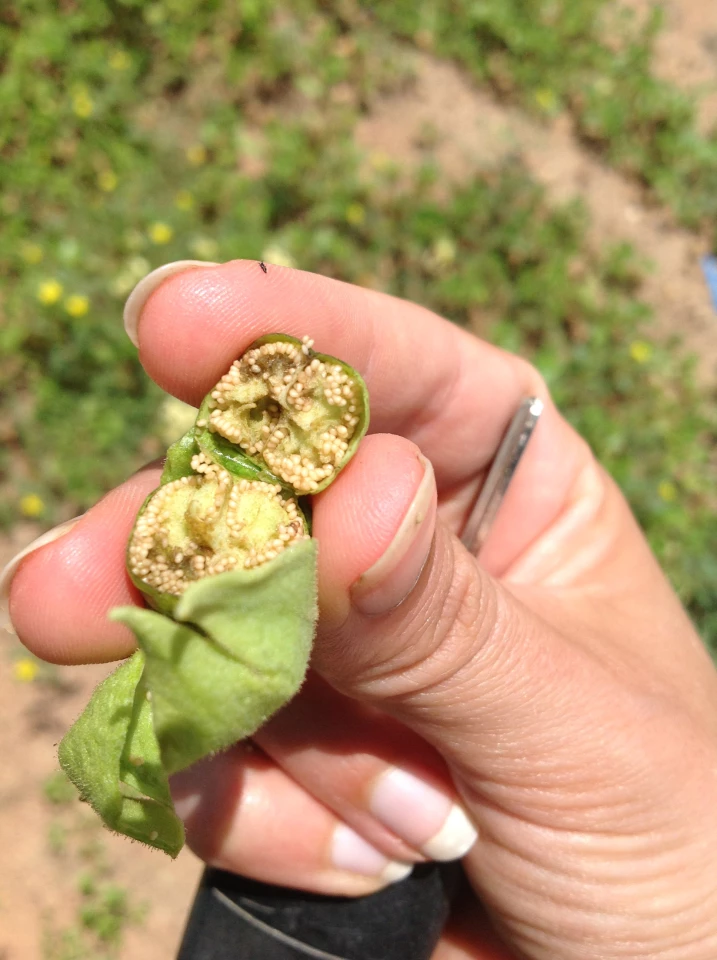As part of the aviation industry’s efforts to use biofuels to drive down its carbon footprint, Boeing has announced a collaboration with South African Airways and SkyNRG to produce aviation fuel from a new, virtually nicotine-free tobacco plant. Test farms are already up and running, with Boeing hoping to use local tobacco growing lands and expertise to produce sustainable biofuel without impacting food-bearing crops or encouraging smoking.
The modified hybrid tobacco plant, known as Solaris, produces oil-rich seeds – and these seeds will be used to produce aviation biofuel in the first stage of the program. Boeing is hoping that “emerging technologies” will allow fuel to be extracted from the remainder of the plant in the coming years.

According to the Tobacco Industry of Southern Africa, tobacco is already a popular alternative crop with many industrial farming operations in the poorer soil areas north of Johannesburg. In 2013, there were 187 tobacco farming operations in the area employing somewhere between 8-10,000 workers and producing some 15 million kilograms of tobacco, mainly for cigarettes.
Biofuel opponents argue that fuel crops often displace food crops, contributing to the global food crisis and demanding enormous amounts of land that often lead to forest area being cleared. They also question the validity of industry claims that biofuels are carbon neutral or environmentally friendly, given the oil-rich fertilizer, transport costs and water usage they require – it'll sure take a lot of those little seeds to power a 747.
But the aviation industry argues that sustainably produced biofuels can reduce carbon emissions between 50 and 80 percent, and Boeing says it is working with the Roundtable on Sustainable Biomaterials "to position farmers with small plots of land to grow biofuel feedstocks … Without harming food supplies, fresh water or land use."
Source: Boeing.






